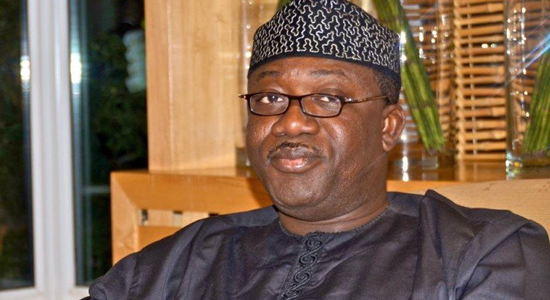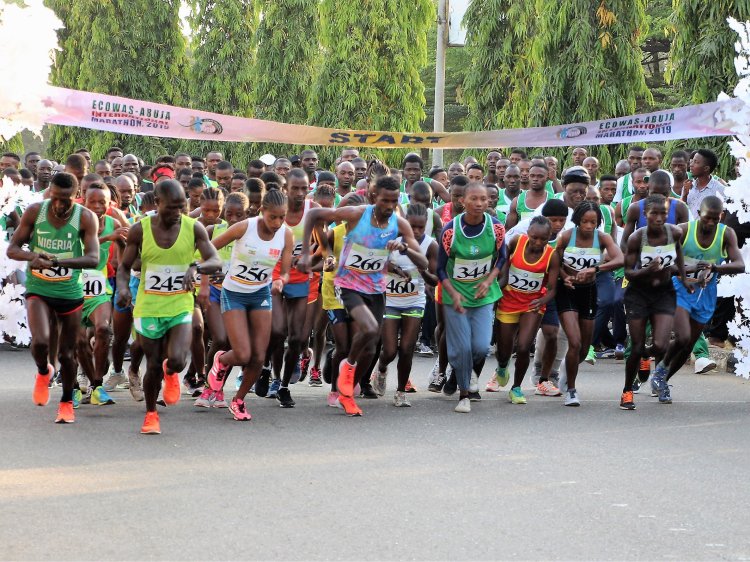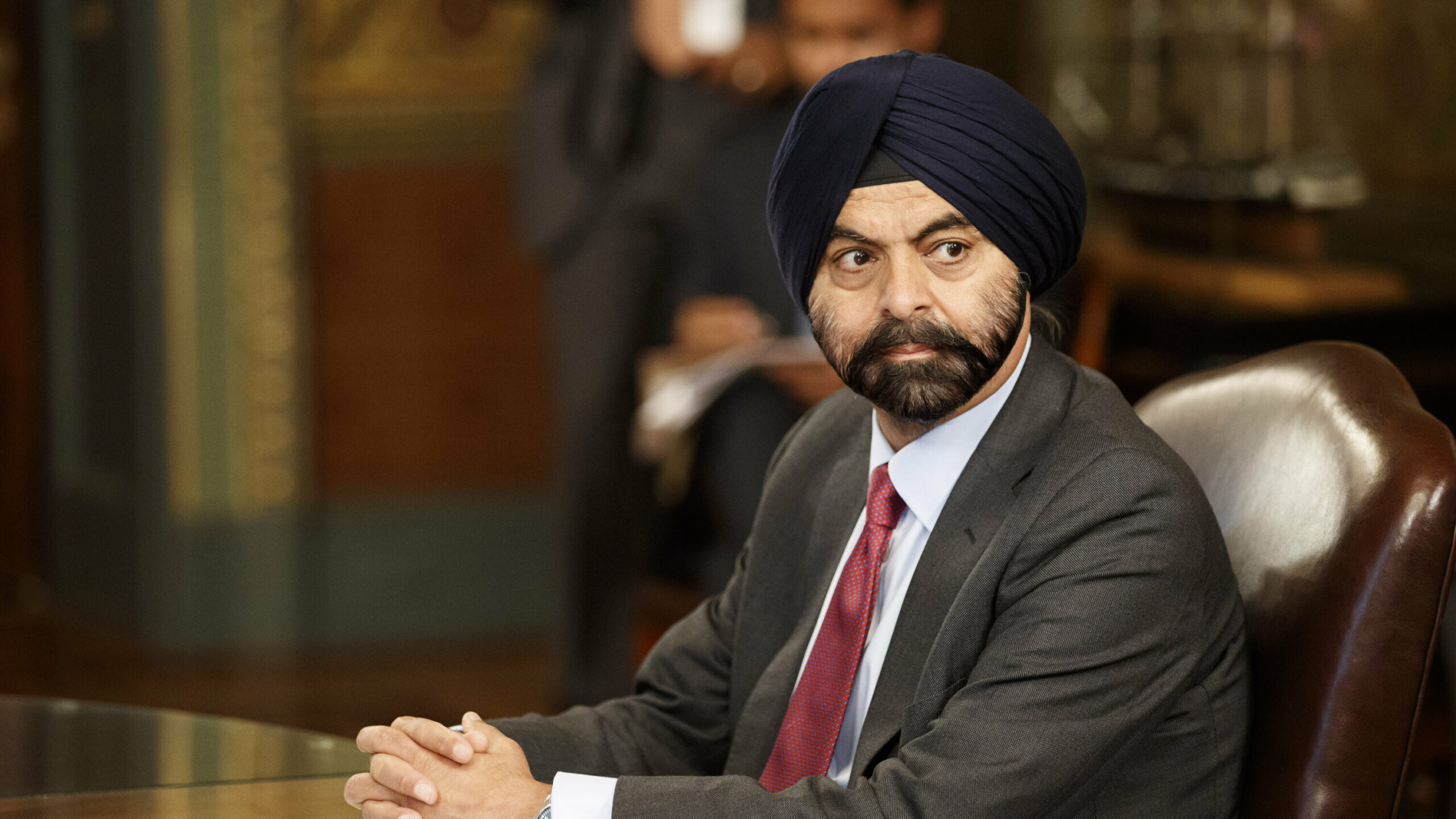The Nigerian Governors under the umbrella of the Nigerian Governors Forum (NGF) has hinted that the country would take delivery of 80million doses of coronavirus vaccines before the end of this year to cover 40 percent of the population, and would be followed up with another 60million doses next the year 2022. This was stated by the leader of the NGF, Dr. Kayode Fayemi, the Ekiti state Governor, while briefing the meeting gathering at the Chatham House in London, UK, on ‘the role of Nigerian state governors in the response against coronavirus pandemic’ revealing the Governor's plan apart of the federal government effort.
Fayemi said the Governors were partners of the utilization of public-private partnerships in vaccine procurement to strike a balance between protecting the public and the danger that comes with the pandemic.
However, Governor Fayemi enjoined the federal government that as a matter of urgency, strengthening the health system and its sustainability should be given more priority than the vaccine.
He said, “We expect that about 80m doses of vaccines would be available in 2021 to cover 40 percent of the population, while another 60m doses are being planned for 2022.
Beyond the government’s procurement of vaccines, we at the NGF are also strong proponents of the utilization of public-private partnerships in vaccine procurement as a means of closing the gap between what is available and what is necessary to achieve herd immunity.
“As we already know, vaccines themselves are not cost-effective, but rather immunization is. To ensure people are immunized, state governments have a role to play in supporting the logistics and ensuring people get the vaccines.
The governor continued that, “As we look forward to recovery from the impact of the COVID-19 pandemic, our approach must shift from emergency response to strengthening the resilience and sustainability of our health system. We must ask ourselves and rethink existing assumptions and facts around financing and delivery of health care in a manner that guarantees we build back better.
“In the medium to long term, we must begin to think strategically about the future of public health security and therefore, explore the potential of in-country manufacturing of approved vaccines, following technology transfer. The pandemic is a good reminder of the implications of public health outbreaks on national security. We must take the leap and gain a better level of independence, in the area of vaccine research and development but also in science generally.
“When Nigeria reported its first case in late February 2020, only four laboratories in the country could test for COVID-19. By October 2020, testing capacity had expanded to over 70 laboratories across the 36+1 states.”
He explained that the upgrade of the laboratory services was a welcome development considering the country’s population, this has improved the response for suspected cases, this is as more than 45,000 health worker receive different categories of training on infectious and prevention control measure since December last year.
He applauded the move as it was important at a time in the response to the pandemic response.
He further explained that on the economic side of it, their priorities as leaders is to secure livelihoods, National Monetary and Physical reforms targeted to boost household incomes, while making reference to the effort emplaced by the current administration in creating programs that are people and economic oriented bringing the Central Bank of Nigeria as a key partner.
Fayemi applauded both the state and the Federal Government for what has been achieved so far describing it as pro-active in the approach. Recalling that prior to the conformation of the index case on February, 27 last year, Nigeria actively monitored the progress of events around the world using the Nigerian Centre for Disease Control (NCDC).
He explained, “A presidential task force was established to coordinate the multi-sectoral response to the pandemic while a public health emergency operation center was established under the NCDC. In March 2020, the country’s airports were closed with the exception of essential flights and inter-state movements restricted in order to minimize the spread of the virus.
“On the health front, about $20million was made available to support NCDC at the outset to scale its capacity to adequately respond to emerging issues.
He also commended the private sector for responding quickly through establishing the Coalition Against COVID-19, CACOVID, which was launched in March, last year to support government efforts.





















